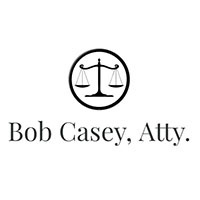Scappoose Estate Lawyer, Oregon
Sponsored Law Firm
-
 x
x

Click For More Info:
-
Law Office of Timothy J. Doherty
10 Crater Lake Ave Medford, OR 97504» view mapEstate Law Experience You Can Trust
The topic of wills and trusts can be confusing, but my job is to help you decide what’s right for you. Call me to set up a free consultation.
800-878-0640
Bob Casey
✓ VERIFIEDEstate, Wills & Probate, Corporate, Guardianships & Conservatorships, Business Organization
Bob Casey is a practicing attorney in the state of Oregon. He graduated from Seattle University School of Law in 1991 with his J.D.
Collin C. McKean
✓ VERIFIEDEstate Planning, Bankruptcy, Personal Injury, Family Law, Federal Appellate Practice
We make solutions for our clients, helping them navigate difficult transitions.
Bonnie M. Popia
Business Organization, Wills & Probate, Elder Law, Estate Planning
Status: In Good Standing
Toby Borst
Business Organization, Franchising, Banking & Finance, Wills & Probate
Status: In Good Standing
Aaron S Lohman
Estate Planning, Business & Trade, Bankruptcy
Status: In Good Standing Licensed: 10 Years
Adam Carl Kobos
Tax, International Tax, International, Gift Taxation
Status: In Good Standing Licensed: 22 Years
Adam Rittenberg
Real Estate, Litigation, Estate, Business
Status: In Good Standing Licensed: 31 Years
 Timothy J. Doherty Medford, OR
Timothy J. Doherty Medford, OR Practice AreasExpertise
Practice AreasExpertise


